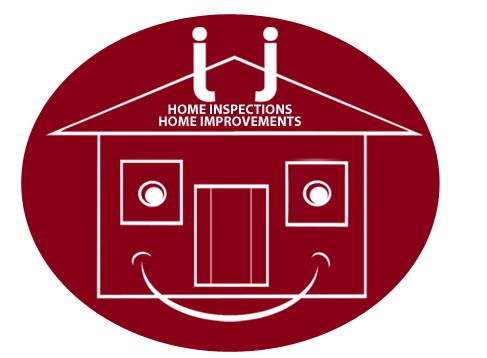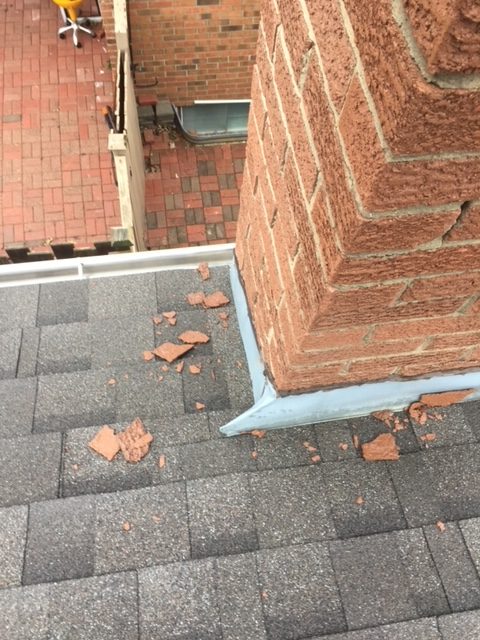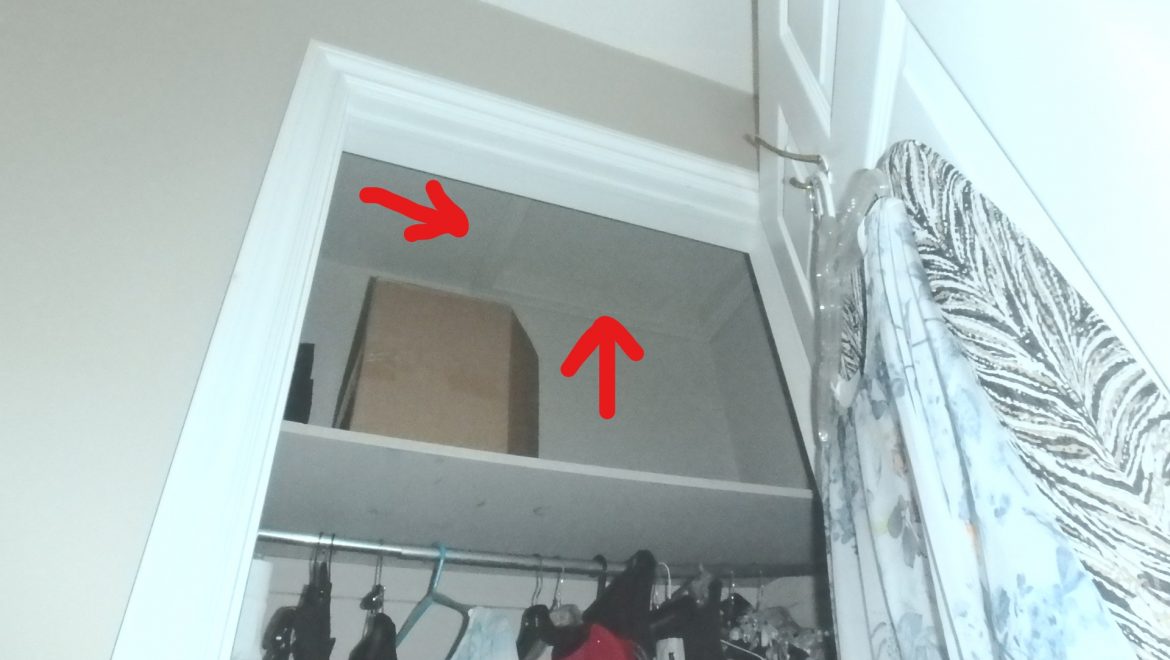What to Expect During a Home Inspection: A Step-by-Step Guide
Purchasing a home is an important choice. It’s one of the biggest investments you’ll ever make. That’s why it’s so important to have a professional home inspection before finalizing the purchase.
A proper inspection can uncover any potential issues or problems with the property. As a homebuyer or seller, you need to understand the home inspection process.
This guide will walk you through exactly what to expect step-by-step.
What is a Home Inspection?
A home inspection is when a certified professional inspector thoroughly examines a home from top to bottom. Their job is to identify any defects, damages, safety issues, or code violations present. This gives the buyer a clear picture of the home’s condition before committing to the sale.
Why Get an Inspection?
Even if a home looks perfect, there could be hidden problems that your eye might miss. Plumbing leaks, roof damage, electrical wiring issues – an inspector knows exactly what red flags to watch for.
Getting an expert assessment protects you as the buyer from unexpected (and potentially expensive) repair costs down the road.
The inspection also gives the seller a chance to make any needed repairs or renegotiate the price based on the findings.
Overall, an inspection brings a huge level of transparency to the sale that benefits all parties.
The Inspection Process
- Scheduling the Inspection
Once you’ve picked a certified home inspector, they will schedule a time to come out to the property. Inspections typically take 2-4 hours, depending on the home’s size. The buyer, seller, and real estate agents are free to attend and follow along.
- The Walkthrough
During the walkthrough, the inspector will systematically go through every area of the home, both inside and out. They will examine the:
- Exterior (roof, siding, foundation, etc.)
- Interior rooms
- All operating systems (plumbing, electrical, HVAC)
- Attic and basement/crawlspaces
- Garage
Using specialized tools and expertise, they will identify any issues like moisture intrusion, code violations, and worn-out components in need of repair or replacement.
- The Report
After the walkthrough, the inspector will compile all their findings into a report, usually within a few days.
This report will include detailed notes, photos of any problem areas, and a summary of the home’s overall condition.
The seller also gets a copy to understand what work, if any, is required on their end.
- Following Up
Once the report is received, the buyer and seller (or their real estate agents) can discuss and negotiate next steps based on the findings. If major issues were uncovered, the buyer could request repairs be made, ask for credits to cover repair costs, or even terminate the contract.
Wrap Up
Although there is an initial cost associated with a home inspection, it offers sellers and buyers invaluable information.
You can move forward with your home purchase or sale with confidence if you have a professional inspect the property.
Don’t skip this important step when buying or selling a home; instead, proceed according to this detailed guide. The small cost of an inspection gives you major assurance when it comes to one of the biggest financial decisions of your life.



